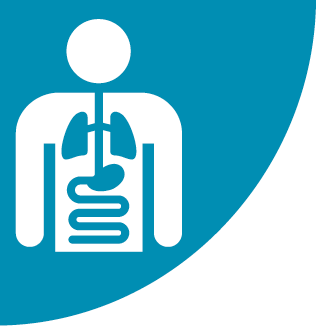NEWSWATCH
IONIZING RADIATION

Study: Low Doses of Ionizing Radiation Increase Cancer Risks
Protracted exposure to low doses of ionizing radiation in the workplace can increase the risk of death from solid cancers, according to the results of a study published in October in The BMJ (formerly the British Medical Journal). Researchers found that, both for workers exposed to protracted low doses and for those exposed to high and acute doses, the association between dose and solid cancer risk is similar per unit of radiation dose. The study showed that the risk of death from solid cancers, or abnormal cellular growths in “solid” organs such as the breast or prostate, increased by approximately 5 percent per 100 milligray (mGy). The study, which was coordinated by the International Agency for Research on Cancer (IARC), evaluated more than 300,000 nuclear workers’ exposures in France, the U.K., and the U.S. between 1943 and 2005.
“Contrary to the belief that high dose rate exposures are substantially more dangerous than low dose rate exposures, the risk per unit of radiation dose for cancer among radiation workers was similar to estimates derived from studies of Japanese atomic bomb survivors,” the authors wrote. They also expressed hope that this increased evidence of the cancer risks associated with protracted radiation exposures would strengthen the foundation for radiation protection standards.
For more information, see IARC’s press release (PDF). IARC is the specialized cancer agency of the World Health Organization. To learn more, visit IARC's website.
An infographic based on the study results appears in the Departments section of this issue.
thesynergist | TOC | NEWSWATCH | DEPARTMENTS | COMMUNITY

